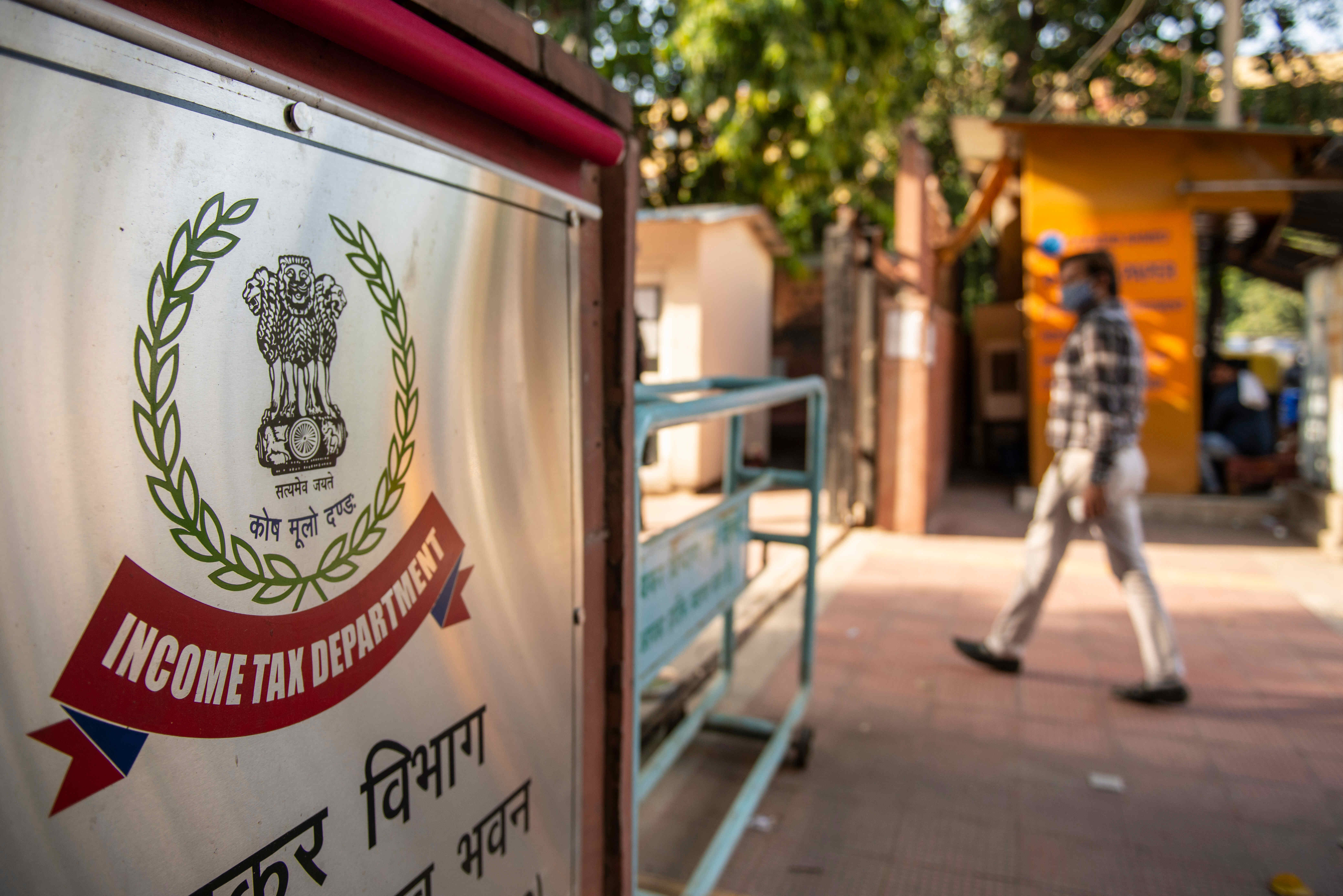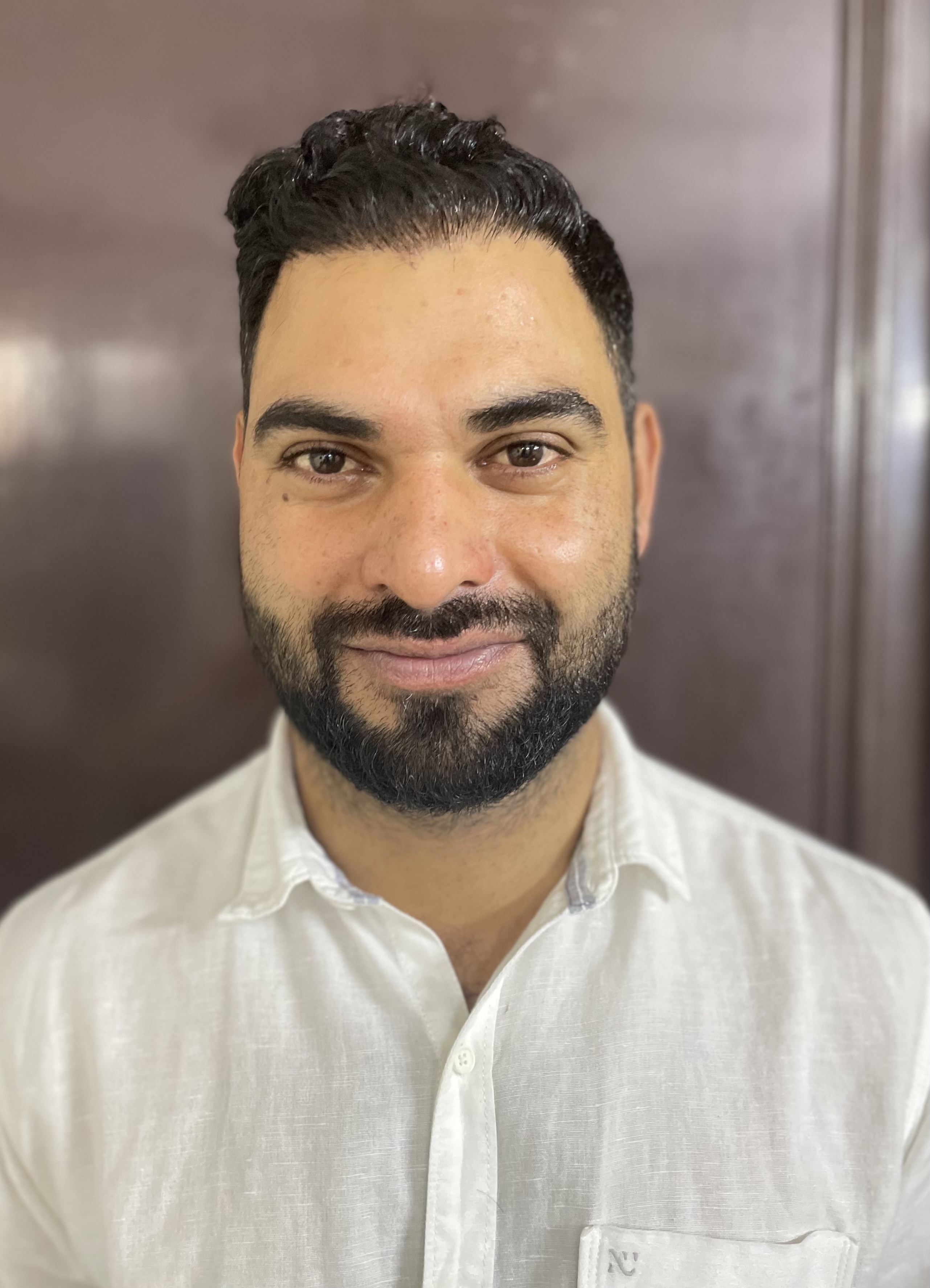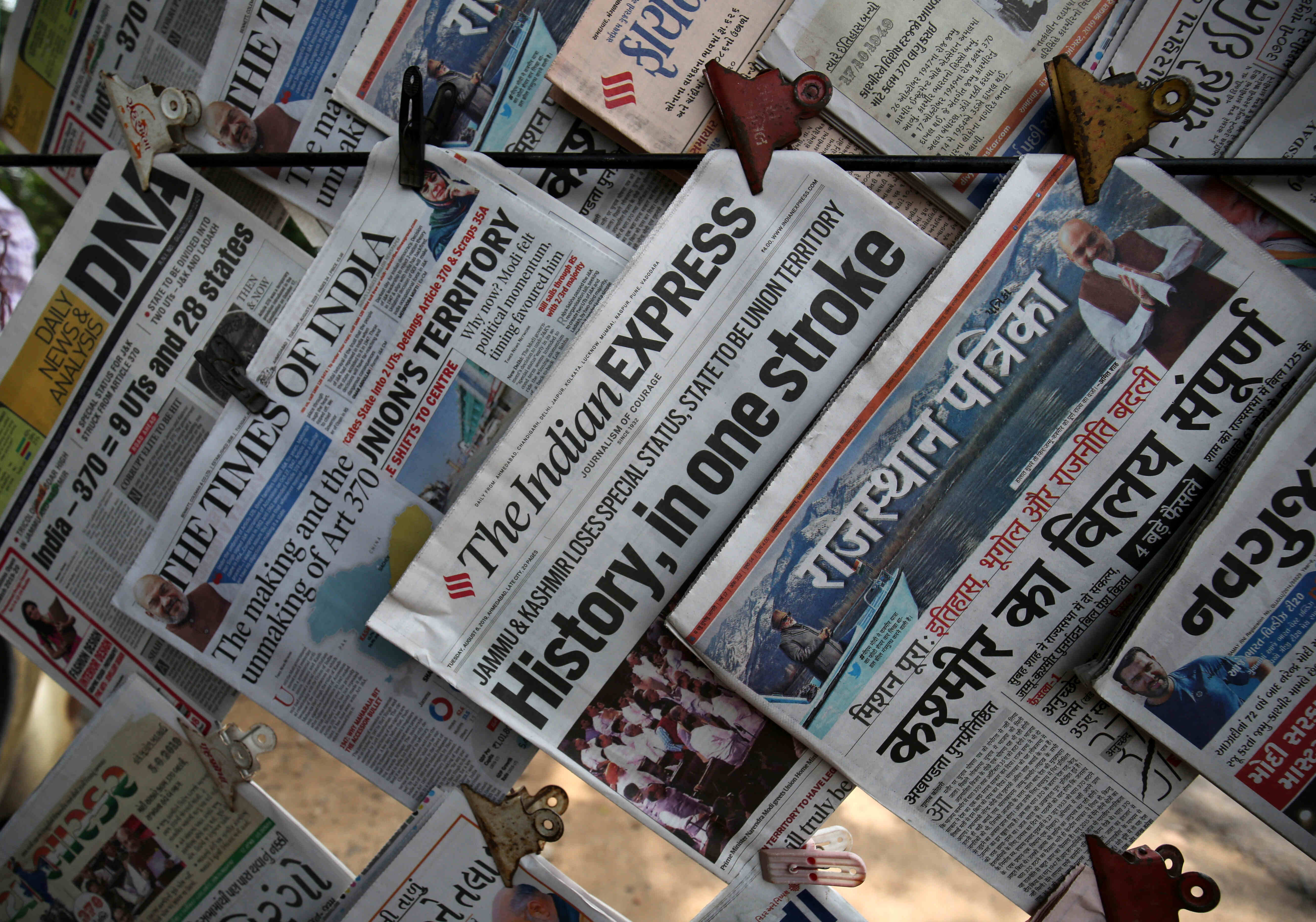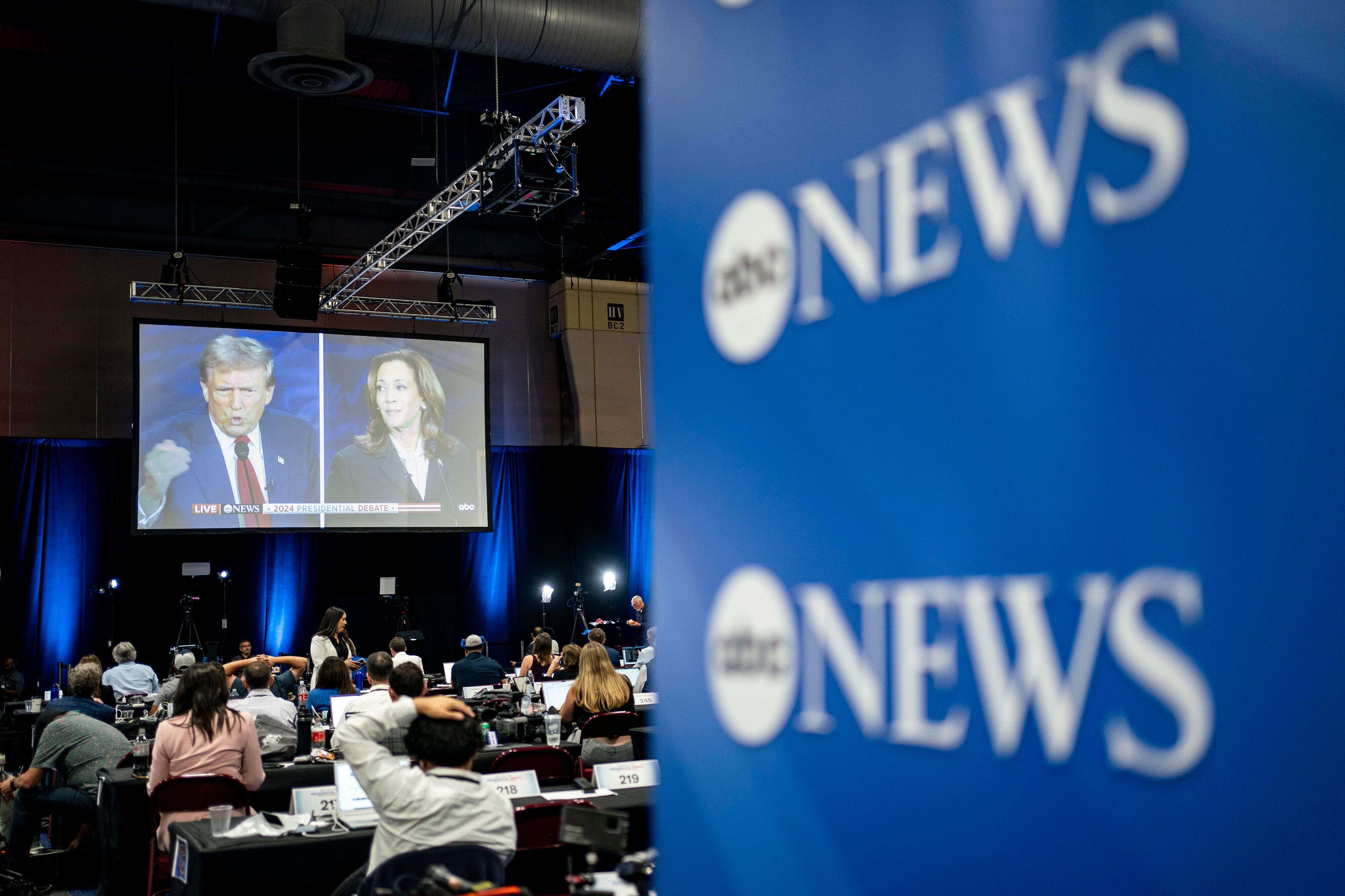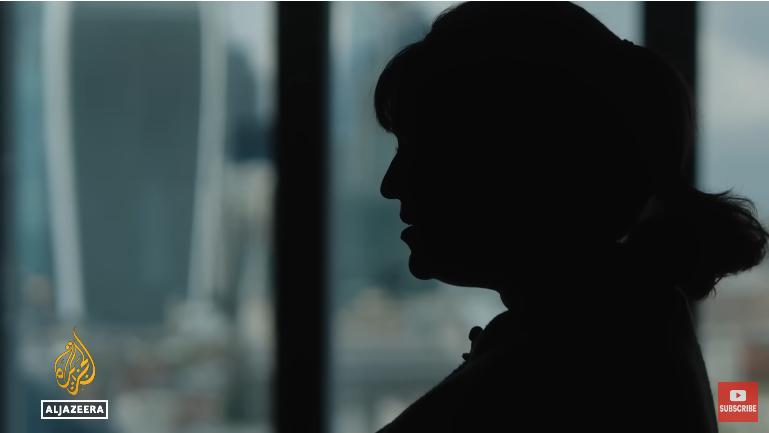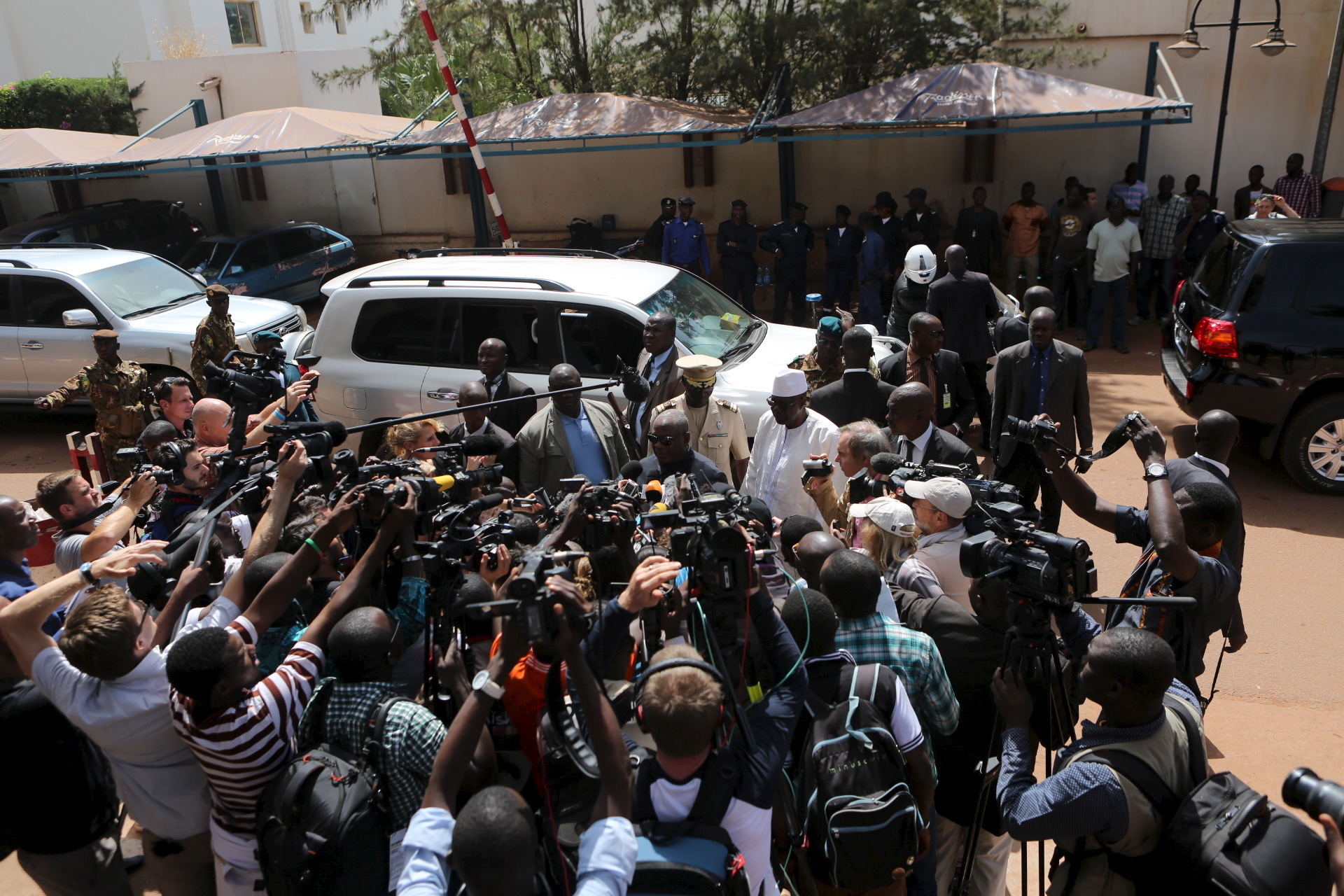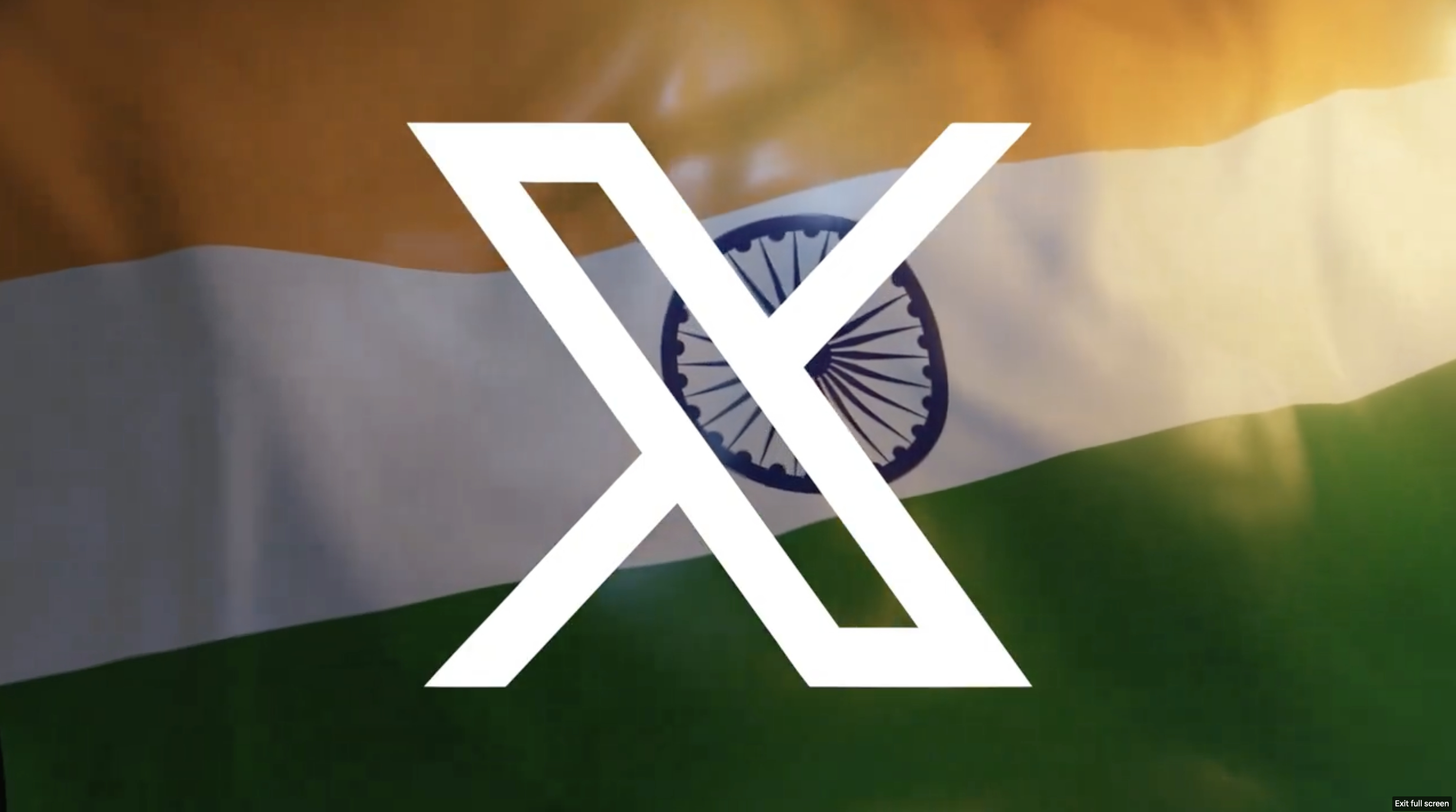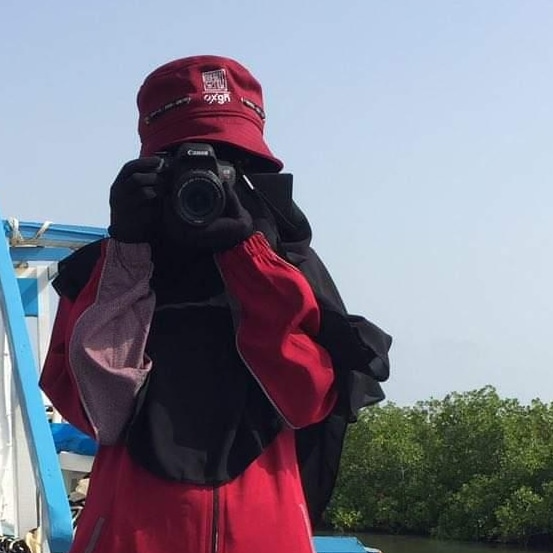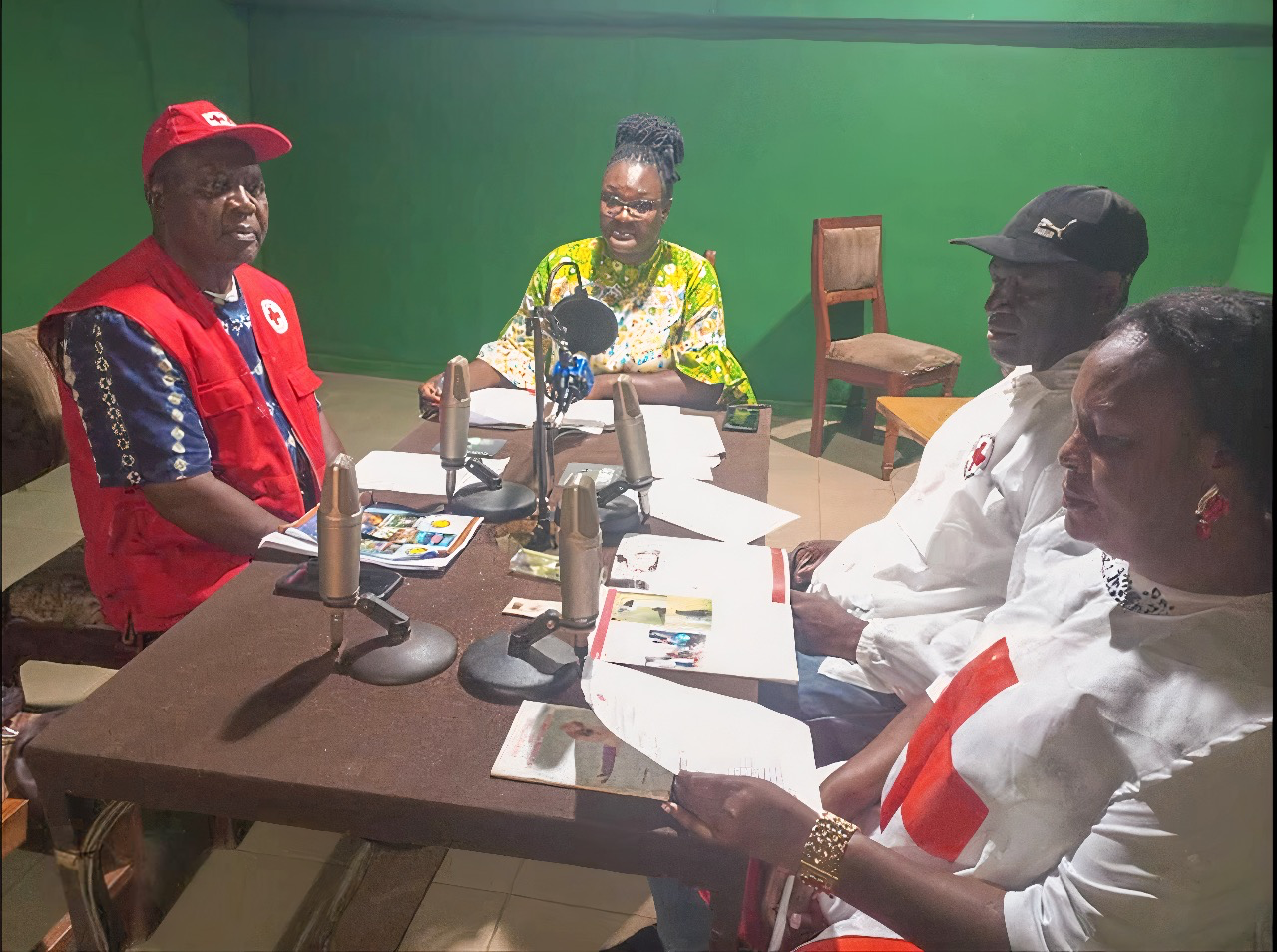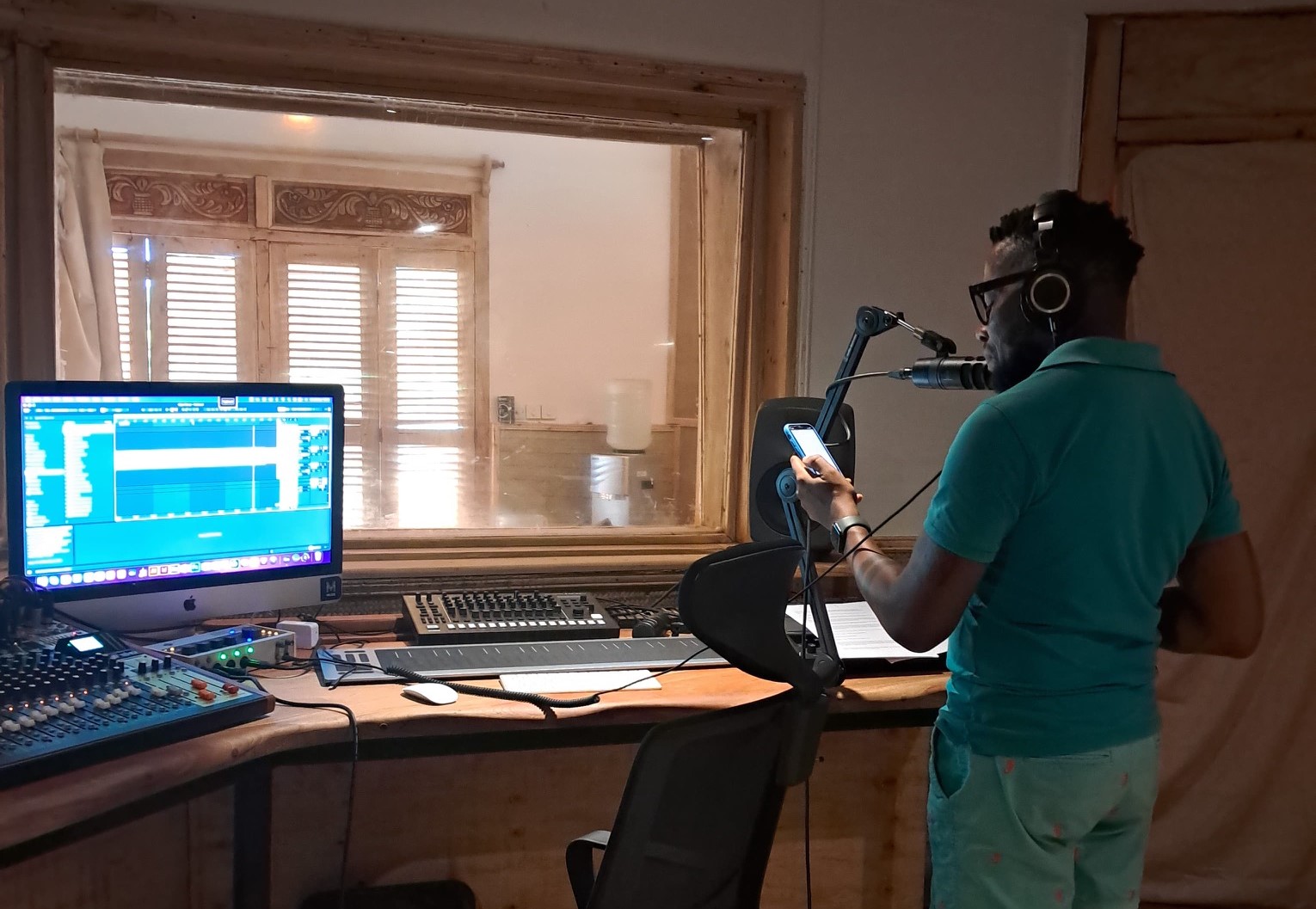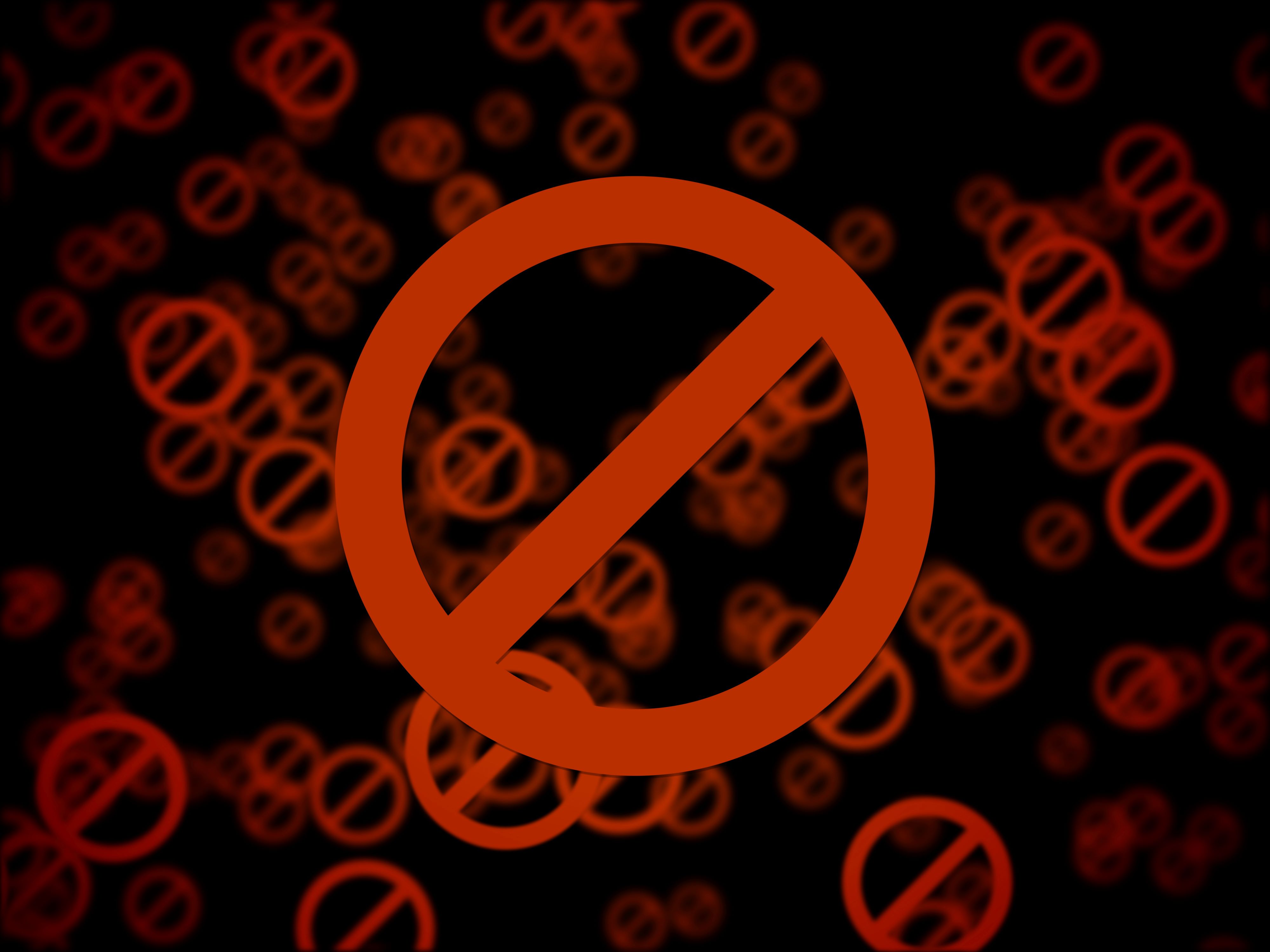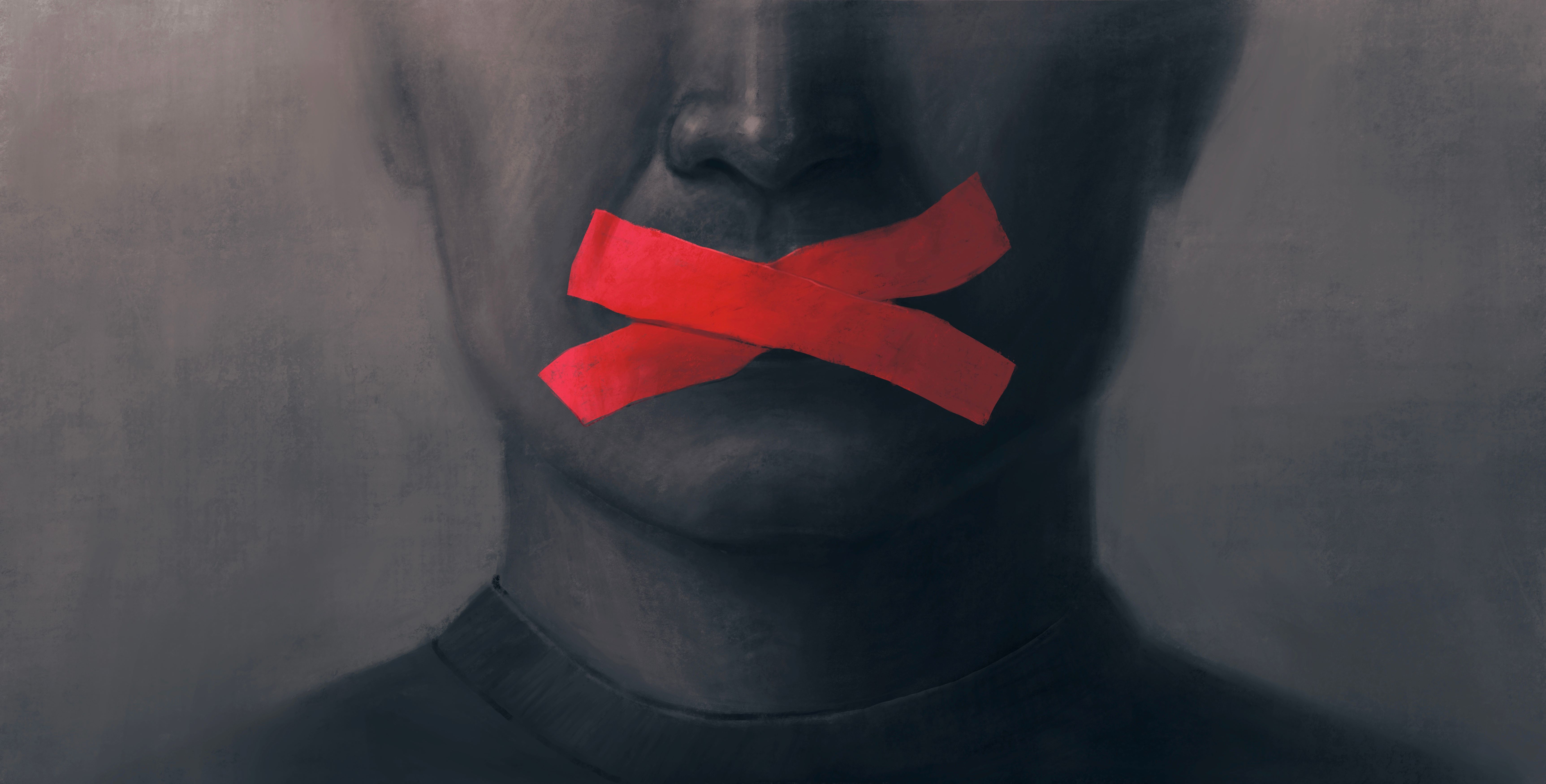في 28 ديسمبر/كانون أول الماضي، نشرت نيويورك تايمز تقريرا طويلا عن ادعاءات باعتماد المقاومة الفلسطينية على "العنف الجنسي" وتوظيفه منهجيا سلاحا في مواجهة المدنيين في هجوم السابع من أكتوبر، المعروف باسم "طوفان الأقصى".
بيّن فريق الرصد في مجلة الصحافة عددا من المخالفات المهنية الأساسية التي وقع بها التقرير، الذي شارك في إعداده ثلاثة من كبار الصحفيين في نيويورك تايمز، واستعرض عددا من الملاحظات العامة والتفصيلية، للإشارة إلى أن التقرير في جوهره يخلو من أي أدلة معقولة تتيح استنباط الحكم على النحو اليقيني الذي ادّعاه التحقيق. (انظر هنا).
كما تواصل فريق مجلة الصحافة مع نيويورك تايمز، في الثاني من يناير/كانون الثاني، طلبًا للتعليق والإجابة عن عدد من التساؤلات التي أثارها التقرير، إلا أنه لم يبلغنا حتى اللحظة أي رد.
إلا أن التقرير كان قد أثار جلبة داخل أروقة نيويورك تايمز نفسها وبين العاملين فيها؛ إذ انتقدوا التساهل في تطبيق المعايير التحريرية على تقرير يتناول موضوعا بالغ الحساسية، وفي سياق حرب مدمّرة راح ضحيتها عشرات الآلاف من المدنيين، بحسب ما صرحت مصادر من الصحيفة لموقع "ذا إنترسيبت".
فبعد نشر المقال، اندلعت نقاشات داخل الصحيفة بشأن مدى دقة النتائج التي خرج بها؛ نظرا لطبيعة الأدلة التي اعتمد عليها والمشكلات المنهجية بها، وهو ما دعا إدارة الصحيفة إلى التعبير عن موقفها الداعم، عبر رسالة إدارية إلى الموظفين تثني بها على معدّيه، وتصف التقرير بأنه "أحد أفضل التحقيقات الصحفية المتأنية التي أنجزها الفريق على نحو شديد الحساسية وملمّ بالتفاصيل". ثم أعقب تلك الرسالة تعميم إداري يطلب من موظفي الصحيفة تجنب توجيه الانتقادات فيما بينهم على برنامج المحادثة الداخلية "سلاك". وبحسب المصادر التي تحدثت إلى "ذا إنترسيبت"، فإن العديد من الصحفيين والمحررين فهموا أن ذلك التعميم يحيل ضمنا إلى الجدل الدائر بشأن مادة "العنف الجنسي" وادعاء توظيفه الممنهج من قبل المقاومة الفلسطينية في السابع من أكتوبر، وهو الادعاء الذي تحوم حوله العديد من الشكوك، ونفى بعض تفاصيله حتى ذوو الضحايا الذين تناول التقرير روايات عنهم.
ثم بدأت كرة الثلج بالتدحرج بعد ذلك داخل الصحيفة، لينتقل الجدل إلى أقسام أخرى.
فبعد أن استعدّ فريق بودكاست "ذا ديلي" الشهير داخل الصحيفة لإعداد حلقة بالاعتماد على ذلك التقرير، والتعاطي مع مسألة العنف الجنسي في هجمات السابع من أكتوبر نظرا لحساسيتها واهتمام المستمعين بها، تقرّر تأجيلها، بعد الاستماع إلى نقاشات الزملاء عن المسألة، وارتأى الفريق إعادة النظر في السكريبت الأصلي. ثم أعيدت صياغة السكريبت من جديد، ليشتمل على العديد من التحفظات، ويفتح المجال للتشكيك في الخلاصات التي وصل إليها التقرير الأصلي، عبر طرح بضعة أسئلة صحفية أساسية ترفض التسليم بكل ما ورد فيه كما ترفض عدم مساءلته.
تجدر الإشارة هنا إلى أن برنامج "ذا ديلي" هو أحد أهم برامج البودكاست الإخبارية باللغة الإنجليزية على الإطلاق في العالم، كما يعد أحد أكثر البرامج استماعا إليه وتنزيلا له في منصات البودكاست المختلفة، ولطالما تَصدّر قوائمَ أكثر عشرة برامج بودكاست شهرة منذ العام 2017 وحتى اليوم غربيا.
وبحسب المصادر التي تحدثت إلى الموقع، فإن فريق الإعداد تردد في تبني الرواية كما نقلها التقرير على ما فيها من أخطاء محتملة ومبالغات، غير أنه ومن جهة أخرى كان من شأن اعتماد السكريبت الجديد أن يثير أسئلة عن موقف الصحيفة من التقرير الأصلي، وما إذا كان النقاش بشأنه سيؤدي إلى مراجعة التقرير الأصلي والاعتراف بجوانب القصور المهنية التي تضمَّنَها؛ فالتقرير -وبحسب الانتقادات الداخلية من الصحيفة ذاتها- كان يلزمه الخضوع لعمليات تحقّق أكثر صرامة، وأن تسري عليه المعايير الأساسية التي تدّعي نيويورك تايمز تطبيقها على كل الأخبار والقصص والتحقيقات الصحفية التي تنشرها، وبالأخص في السياق الفلسطيني، حيث يُفرَض حظر مسبق ومنهجي على تناول القضايا التي من شأنها إثارة التعاطف مع الفلسطينيين.






